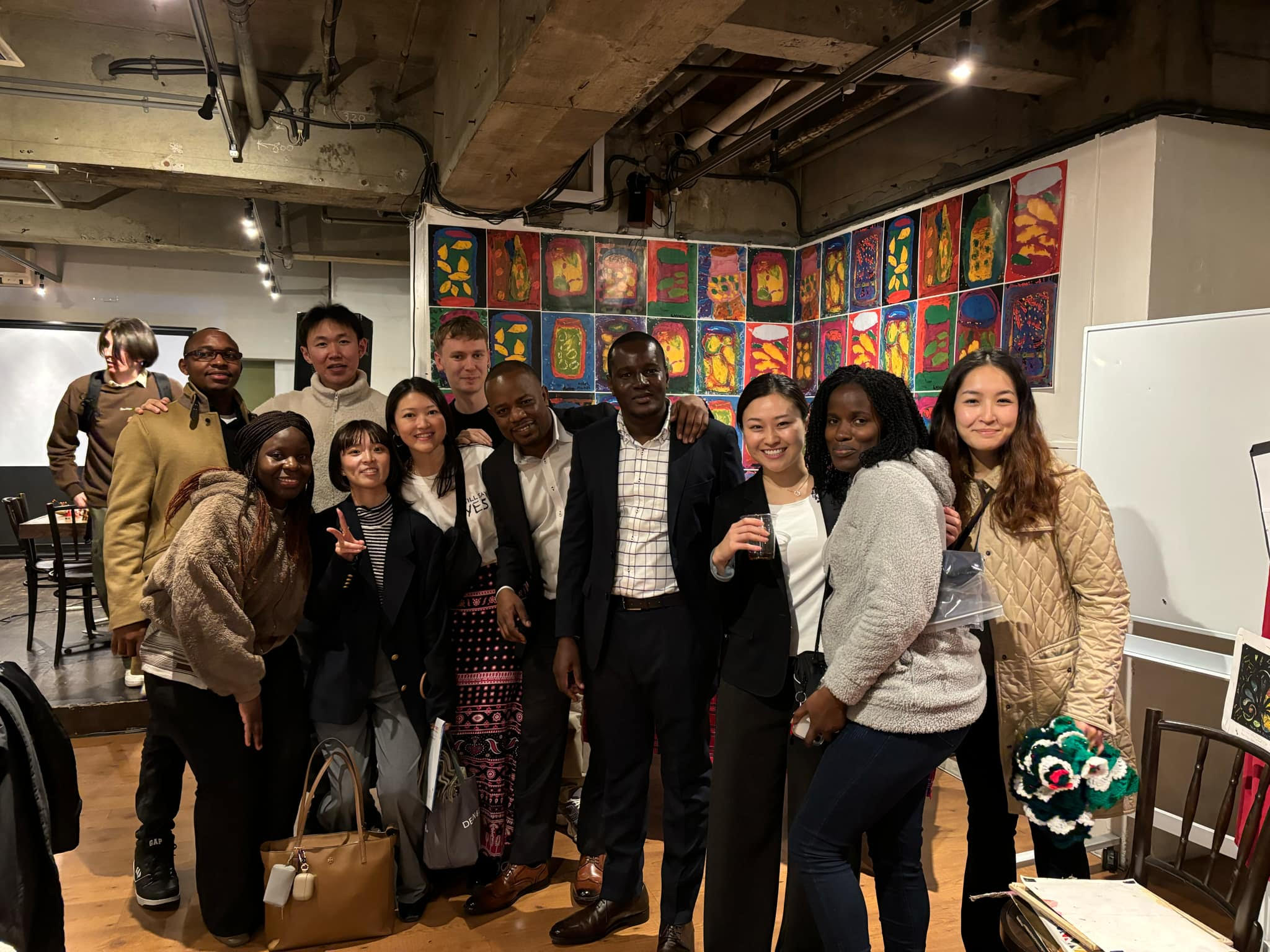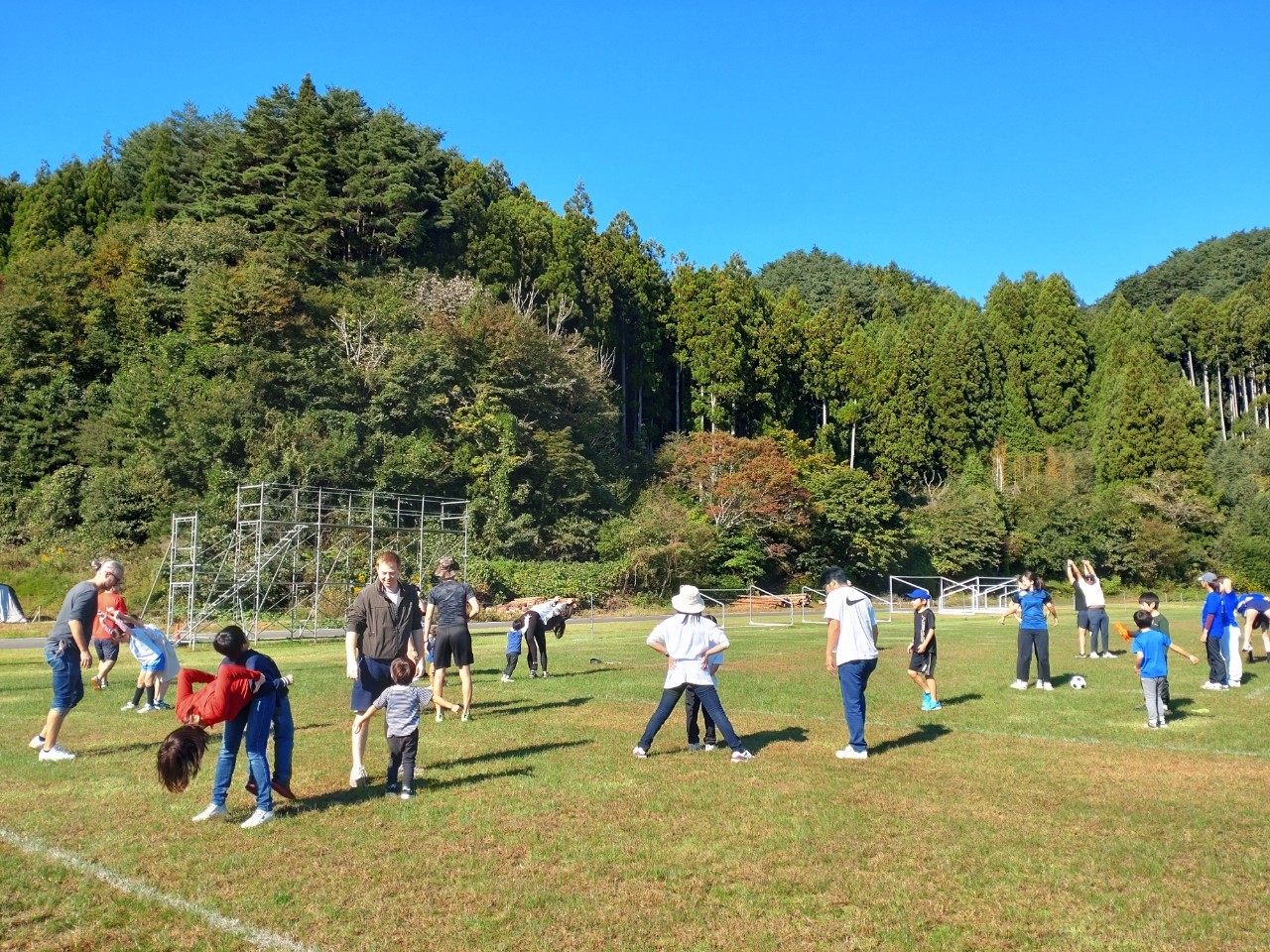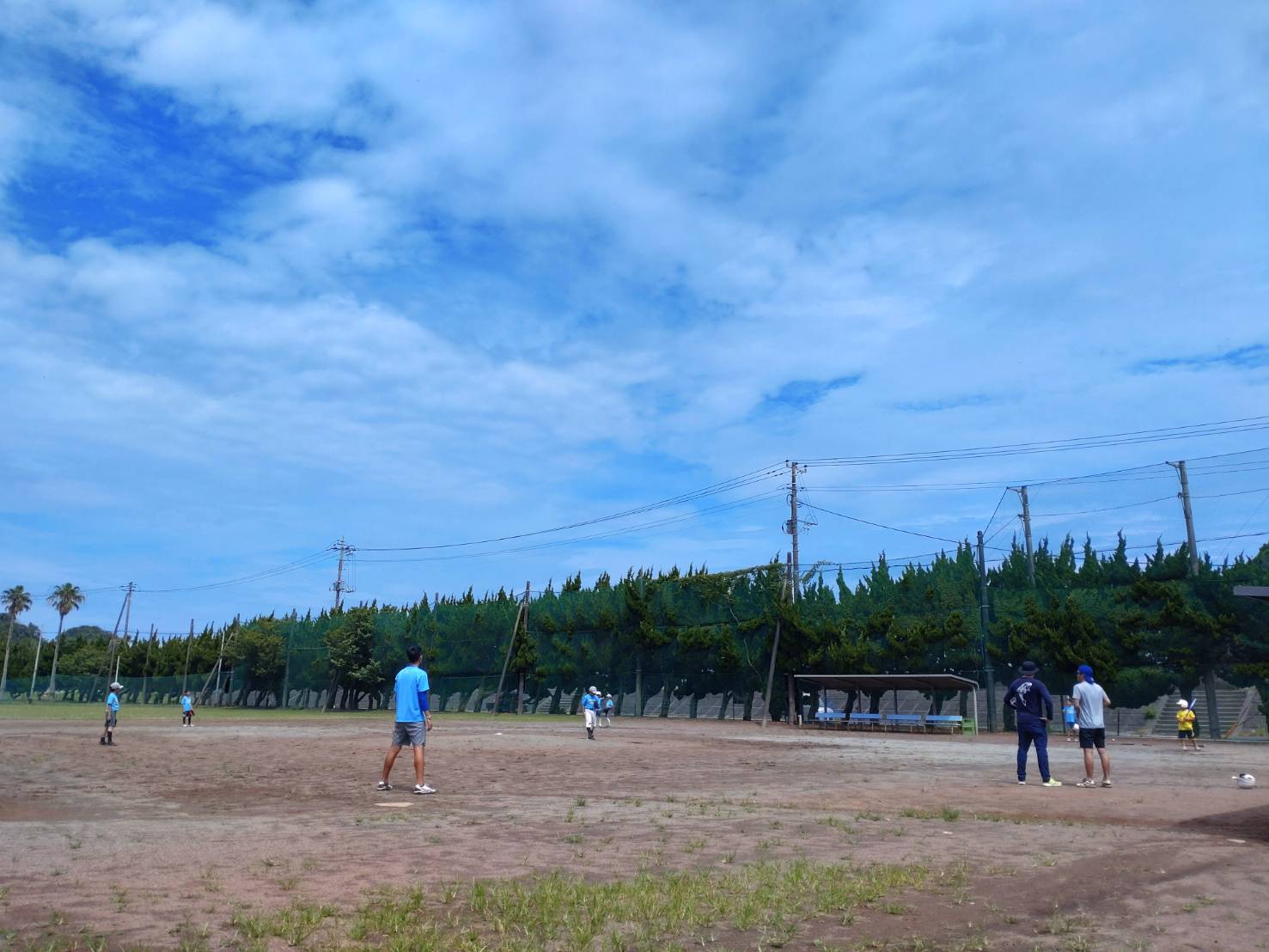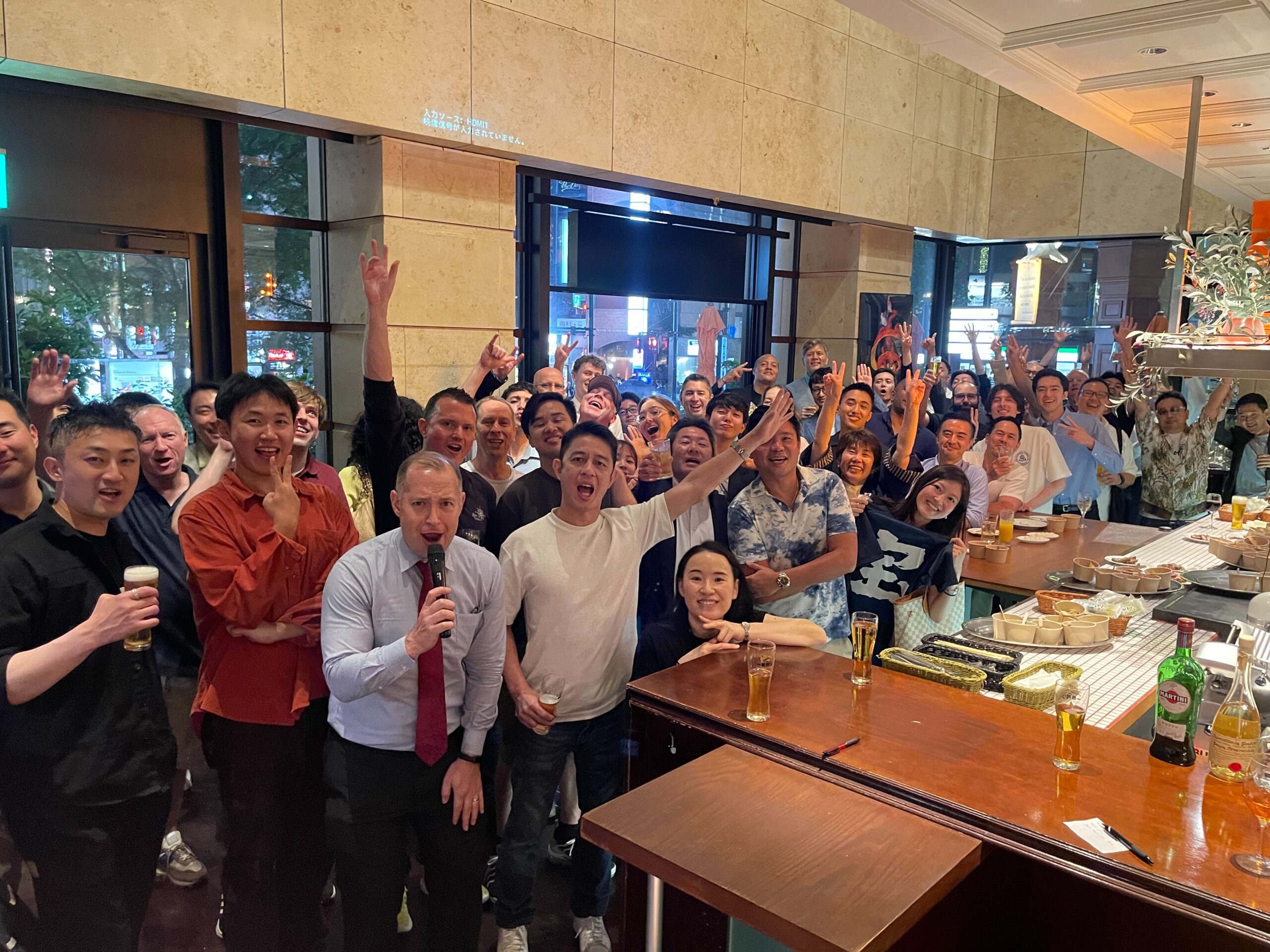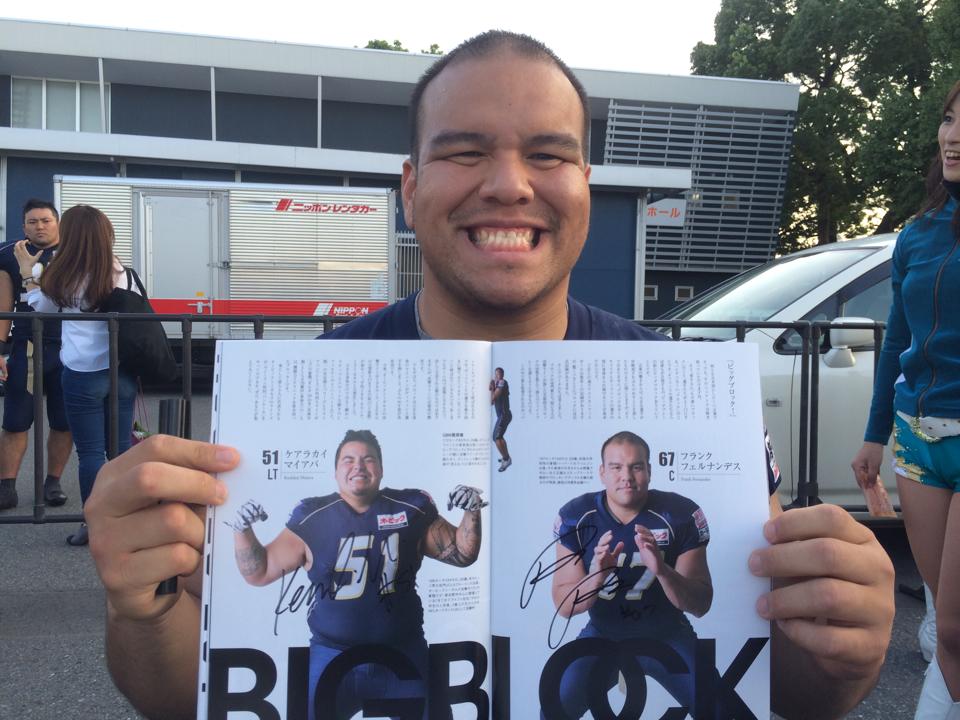Interview with Hakan
ハーカンさんへインタビュー
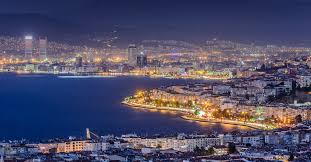
Tell us a little bit about yourself – what you would like people to know about where you grew up?/あなたが育った場所について知ってもらいたいことは何ですか?
I grew up in Izmir, Turkey which is the 3rd biggest city in Turkey. It’s located on the western side of the Turkey and a coast city to Aegean Sea. Izmir has one of the biggest ports in Turkey that opens to Europe, Africa and Middle East through Mediterranean Sea. There are so many fun tourist places in the vicinity of the city. You can take 1 hour to go to places like Cesme, a resort place where you can do windsurfing, Ephesus, an antic Greek city as well as Mary’s house, I don’t know how but apparently the mother of Jesus lived there, Sirince, a small village in the mountains where you can taste fruit wines, Kusadasi, another resort place where you can take also trips to Greek Islands and so on.
私はトルコで3番目に大きな都市であるイズミルで育った。それはトルコの西側に位置し、エーゲ海に面する海岸都市です。イズミルには、地中海を通じてヨーロッパ、アフリカ、中東に開かれたトルコ最大の港の一つがあります。都市の近傍に非常に多くの楽しい観光地があります。ウィンドサーフィンができるリゾート地チェスメ、エフェソス、古代ギリシャの街並みとマリアの家(どういうわけか知らないが、イエスの母が住んでいたらしい)、フルーツワインが味わえる山の中の小さな村シリンチェ、ギリシャの島々への旅行もできるもうひとつのリゾート地クサダシなどなどがあります。
I grew up in an environment where I could go out and play with other kids. We would have some events like making a fire in the middle of a kid’s playground and jumping over it as well as having egg fights with kids from other neighborhoods (Basically we would throw eggs at each other!!). There were stray cats and dogs everywhere when I grew up. We would play soccer by putting stones together to make a goal while mostly the ball would go under a car, and we would have to go under it to retrieve it. We would go to haunted mansions just to see if there were ghosts or not. Pretty much a normal 90s childhood that most kids would experience in many places.
私は、他の子供たちと外に出て遊ぶことができる環境で育ちました。子供の遊び場の真ん中で火を起こして飛び越えたり、近所の子供たちと卵合戦をしたり(基本的に卵を投げ合う!)しました。私が育った頃は、野良猫や野良犬がそこら中にいました。石をくっつけてゴールを作ってサッカーをしたり、ボールが車の下に落ちたら、車の下をくぐってボールを取り返したり。幽霊が出るか出ないか確かめるために、お化け屋敷に行ったりもしました。90年代の子供時代は、多くの場所で普通の子供たちが経験するようなものでした。
Tell us a little about your connection to Japan (fond memories, moments for the history books)/日本とのつながり(思い出や歴史に残る瞬間)について教えてください。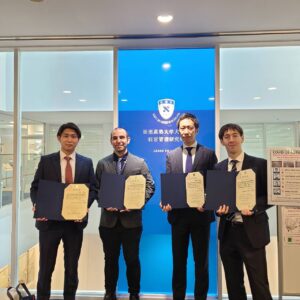
I would spend most of my free time while at home either watching TV or playing games. Japanese animes were very popular before internet in Turkey. We would buy Japanese games to play only to realize that they were in Japanese and needed to write down what action would happen when we push certain buttons so that we could play the games. When I became 14, internet became something that you can unlimitedly have at home (Although the speed was incredibly slow) and started to find old Japanese TV shows and anime that did not have any subtitles. So I decided to learn Japanese. I took a course for 6 months but later on, I needed to spend more time for my university entrance exam so I decided to just self study. I would spend hours listening to music, watching something as well as making conversations in front of a mirror with myself to practice my accent. In 2006 I took N3, in 2008 I took N2 and in 2012 and 2015 I took N1 just to see where my level was. I entered to Japanese speech contest held by the Japanese Embassy in Turkey. I entered 4 times. First time I got special reward, second time I got 3rd place, third time I got 2nd place and finally in 2012 I got 1st place and finally won a free trip to Japan. I just did not like losing at something I was confident in. I made my second bachelor in Japanese Language and Literature, then won Japanese Government scholarship 2 times, 1 in undergraduate for 1 year and 2nd time was for my Master’s degree. I have been living here since 2018.
家にいるときは、テレビを見たりゲームをしたりして過ごしていました。トルコでインターネットが普及する前は、日本のアニメが大人気でした。私たちは日本のゲームを買って遊んでいたのですが、それらが日本語であることがわかり、どのボタンを押すとどのようなアクションが起こるのか?をメモしてゲームをプレイする必要があったのです。私が14歳になったとき、インターネットが自宅で無制限に使えるようになり(スピードは信じられないほど遅かったけれど)、字幕のない古い日本のテレビ番組やアニメを見つけるようになりました。それで日本語を学ぶことにしたのです。6ヶ月間コースを受講しましたが、その後、大学受験のためにもっと時間が必要だったので、独学で勉強することにしました。何時間も音楽を聴いたり、何かを見たり、鏡の前で自分自身と会話をしたりして、アクセントの練習をしました。2006年にN3、2008年にN2、2012年と2015年にN1を受けて、自分のレベルを確認しました。在トルコ日本大使館主催の日本語スピーチコンテストに応募し4回出場しました。1回目は特別賞、2回目は3位、3回目は2位、そして2012年についに1位を獲得し、日本への無料旅行を手に入れることができました!自信のあることで負けるのが嫌だったんです。その後、日本政府奨学金を2回獲得し、1回目は学部で1年間、2回目は修士課程で学びました。2018年からは日本に住んでいます。
You worked in translating for some big political events in the past ? what did you take away from that part of your life./過去に大きな政治的イベントの翻訳に携わりましたが、そこから何を学びましたか?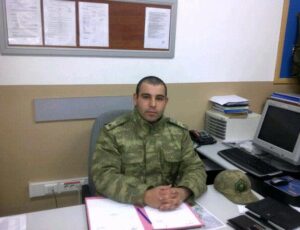
I started working as an interpreter in 2012. That was the peak time that Turkey’s economy was going upwards and Japan was investing to Turkey in many different fields. Big investments usually requires governmental agreements and since there were only limited people who were competent enough to be able to do these types of stressful meetings and I needed money to back up my education, I started working. Since I had an engineering background as well, I was being included in hydraulic plants, nuclear plant projects (which never happened but there was a time when it could have) first and since it was a rather close niche environment, I started to get more attention and was included in bigger meetings. But working with government people on both sides had many restrictions as well as challenges.
通訳の仕事を始めたのは2012年です。当時はトルコの経済が上向き、日本がさまざまな分野でトルコに投資していたピークでした。大きな投資には通常、政府間協定が必要で、このような緊張感のある会議をこなせるほどの能力を持った人は限られていましたし、自分の学歴をバックアップするためにお金が必要だったので、私は仕事を始めました。私はエンジニアリングのバックグラウンドもあったので、まず水力プラントや原子力プラントのプロジェクト(これは実現しなかったが、実現する可能性があった時期もあった)に参加するようになり、かなりニッチな環境だったので、より注目されるようになり、より大きな会議に参加するようになった。しかし、双方の政府関係者と仕事をすることは、多くの制約があるだけでなく、挑戦でもありました。
I learned about diplomacy. I needed to find ways to make sure people were completely understood with their messages but at the same time build rapport at the same table in a cooperative way.
私は外交について学びました。自分のメッセージを完全に理解してもらうと同時に、同じテーブルで協調的に関係を築く方法を見つける必要がありました。
I learned how to create instant solutions to things that might become problems by predicting what people might be thinking from what they were saying and trying to negotiate it to a better position for them. There are many fundamental differences in languages and culture. A very cute example, Japanese people usually like to confirm things a lot and someone might just say, can you confirm if A is a, B is b and C is c, then D is d too? Turkish side might think that the other party did not understand it so they would start to explain it from beginning. I would cut in and explain it so that they would be on the same page.
相手の発言から何を考えているかを予測し、相手にとってより良い立場になるように交渉することで、問題になりそうなことを即座に解決する方法を学びました。言語や文化には根本的な違いがたくさんあります。とてもかわいい例ですが、日本人はよく確認したがるので、「Aがaで、Bがbで、Cがcなら、Dもdだよね?」と。トルコ側は相手が理解していないと思い、最初から説明し始めてしまうのです。私は彼らが同じ認識を持てるよう、割り込んで説明しました。
Best advice you’ve been given ? On life, work, parenting etc./これまでに受けた最高のアドバイス? 人生、仕事、子育てなどについて。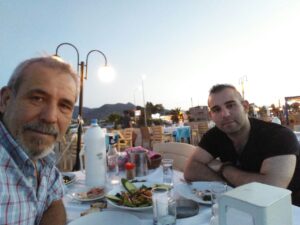
When I was a kid, my dad told me that “Even if you become a garbage collector, you should be an honest person and have dignity and don’t steal other peoples efforts”. He also told me “If you do something good, throw it to the sea” which is basically do not expect anything in return for doing good. Although there are so many things I still disagree with him, these two things always stay with me.
子供の頃、父から「たとえゴミ収集人になったとしても、正直な人間で品格を持ち、他人の努力を盗んではいけない」と言われました。「良いことをしたら海に投げろ」とも言われました。今でも父と意見が合わないことはたくさんありますが、この2つの言葉はいつも私の心に残っています。
Whats the next big adventure ?/次の大冒険は?
My cute little big daughter is 4 months old now. I became a husband and a father last year so I want to become someone that they love, respect and rely on. That will probably be my longest and biggest adventure.
私のかわいい娘はもう4カ月になります。昨年夫になり、父親になったので、家族に愛され、尊敬され、頼りにされる人間になりたいです。それが私にとって最長にして最大の冒険かもしれません。
2024年3月


